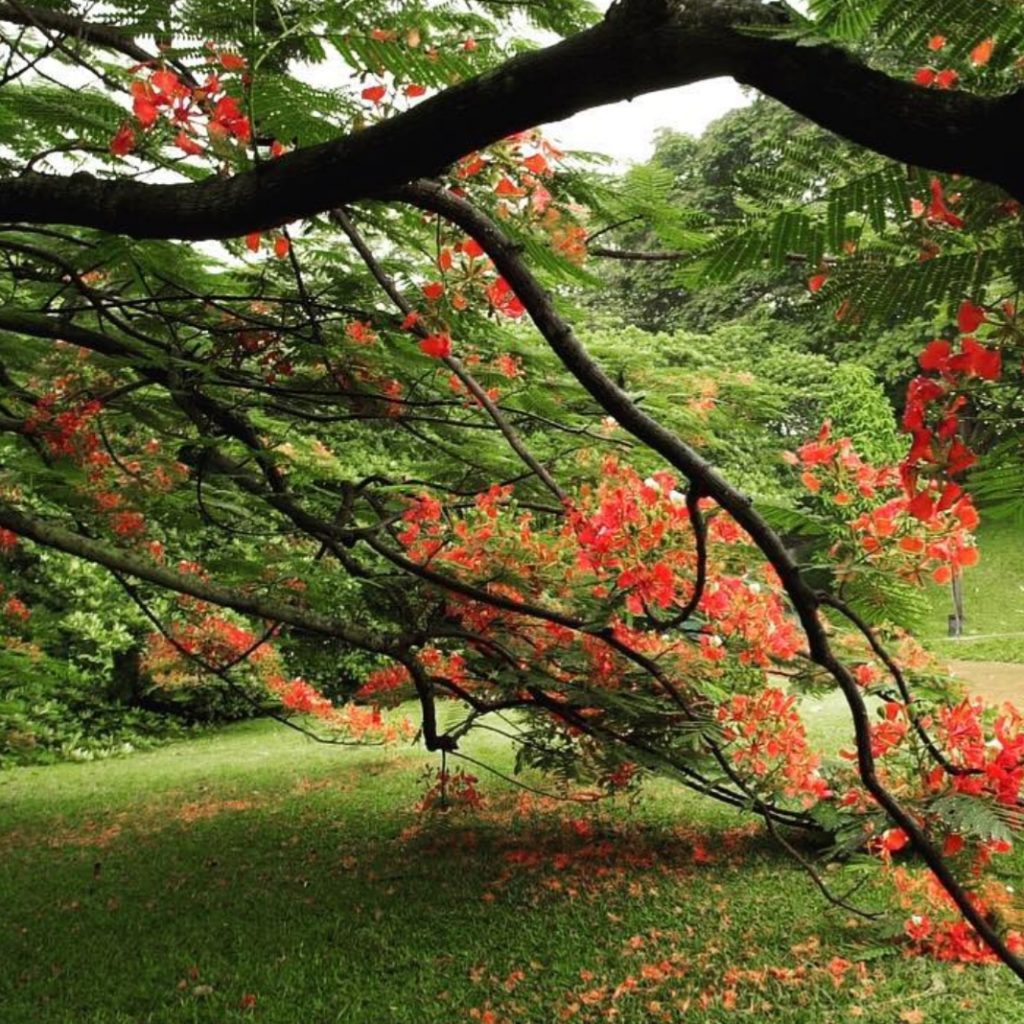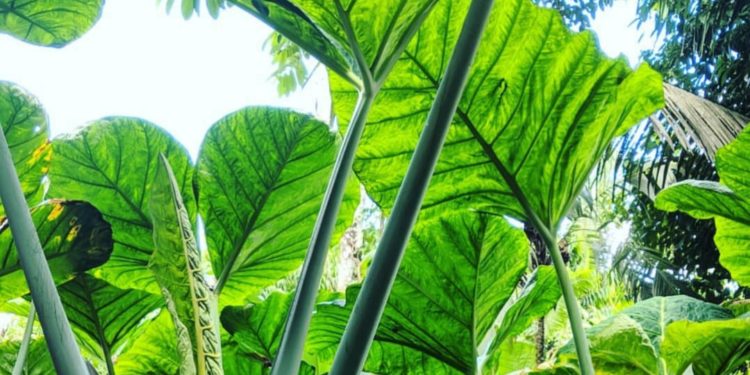Regional Research data collated from individual and collective researchers shows that Nigeria like most parts of the world is experiencing high vulnerability to climate change and the country has suffered following:
- Overall decreased levels of rainfall
- Increased temperatures most especially in the semi-arid regions of Sokoto, Katsina, Kano, Nguru, and Maiduguri which have resulted in increased drought and desertification in near two thirds of its land mass
- Drying up of some rivers and lakes in Northern Nigeria such as Lake Chad reported to be shrinking in size at an alarming rate
- Extreme weather related events such as floods and erratic rainfall pattern,
- Sea level rises devastating a number of coastal cities such as Warri, Lagos, Port Harcourt and Calabar. The IPCC (UN Intergovernmental Panel on Climate Change) affirms that Nigeria’s entire coastline has been affected by the observed rise in sea levels with levels increasing by as much as 4 metres (13ft) a year ( 2019 World Bank estimate for west Africa)
- Deforestation and loss of biodiversity as the result of the greater demand for forest resources like fuelwood (with 7o% of Nigerians using fuelwood as the primary energy source for cooking, heating, agro processing) and the illegal logging of ‘blood’ timber – Rosewood, a highly sought after wood for furniture in China. In 2015, Nigeria become the single largest exporter of the ornate logs, accounting for 45 % of total imports to China. Forests in many states across the Federation remain heavily ravaged and depleted by illegal logging. Nigeria has suffered 55.7% loss of its forests prviding the top spot for forest degradation in the world (FAO statistics). Forests help to reduce the effects of global warming.
- Nigeria’s increasing GHG (greenhouse gas) emissions in 2014 were 492.44 million metric tons of carbon dioxide equivalent (MtCO2e), totalling 1.01 percent of global GHG emissions. The principal GHGs, also known as heat trapping gases, are carbon dioxide, methane, nitrous oxide, and fluorinated gases. Carbon dioxide composes 64.3% of GHGs. It enters the atmosphere through the burning of fossil fuels, solid waste, trees and wood products, and certain chemical reactions. It is removed from the atmosphere naturally by plants as part of the biological carbon cycle. Methane is released into the atmosphere by the production and transport of coal, natural gas and oil, livestock and agricultural practices, and the decay of organic waste in municipal solid waste landfills. Nitrous oxide (N2O) is emitted during agricultural and industrial activities, and during combustion of fossil fuels and solid waste. Greenhouse gases make the earth’s surface warmer adding to the global warming problem.
In Nigeria, 38.2 percent of GHG emissions came from the land-use change and forestry sector, followed by the energy sector with 32.6%, waste sector with 14.0%, agricultural sector with13.0%, and the industrial processes sector which contributed, 2.1%.

Federal/State Initiatives
The good news is that the Nigerian government has pledged before the world to lead and trail blaze the Paris Agreement on Climate Change to reduce carbon footprint.
- Nigeria is establishing Green and Resilient Cities -By 2050 Nigeria will be home to 295m people, equivalent to half Europe’s urban population, and only just falling short of U.S. figures. This momentous shift which will bring nearly 200m new people into cities, create over 20 new middle-tier cities, and ensuring Lagos will rival Beijing, Mexico City and Sao Paolo in size. With cities accounting for est. 75% of greenhouse gas emissions globally, and 53% highly vulnerable to serious climate change effects, Nigeria’s cities will be a vital nexus for mitigation and adaptation initiatives.
- Climate Smart Agriculture – https://climatechange.gov.ng/climate-smart-agriculture/
- Low Carbon Electrification – electricity access lags far below other countries (Nigeria’s per person consumption is 40% of India’s), and over half of demand is met by polluting off-grid diesel or gas generators. The government is promoting small-scale solar market development through its Solar Nigeria programmes as overseen by REA (Rural Electrification Agency with Cross River being one of the few states committing to solar to power street lights in towns like Calabar. In ‘September 2019 Nigeria commissioned the largest off-grid solar hybrid power plant in Africa at Bayero University, Kano (BUK) to deliver clean and sustainable energy using solar hybrid and/or gas-fired captive power plants including street lighting
- Reduction of Gas Flaring – and the launch of its gas flaring tracker gasflaretracker.ng
- Afforestation Programs with the President pledging to plant 30 million tree seedlings
A large majority of the Nigerian population remain totally unaware of the global environmental problem that is climate change due to low levels of awareness, regional disparity and poor legislative framework.
Our focus at state level is Lagos which remains one of the few Nigerian cities that has a climate change policy and specific environmental initiatives in place such as:
- LASEPA bid to reduce GHG emissions in the state to improve air quality. Air quality is a source of concern to not only Lagosians but visitors to one of Nigeria’s most populous cities with population of over 20million.
- LASEPA Initiating new legislation to reduce vehicle pollution
- LAGOS state government ban of Opay and Gokada bike transportation. Whilst Lagosians are still reeling over the ban of Gokada and Opay from the streets of Lagos effective from February 2020, the ban may have had a positive environmental impact on our air quality .
Let us show our support in Lagos State to Lagos State Government, LASEPA, LASPARK and their protective environmental measures.
A thumbs up from us for your positive work. Garden World Nigeria is an eco friendly gardening business. As environmental ambassadors, our blogs cover a range of not only gardening but environmental topics close to our heart. Thank you for reading.

